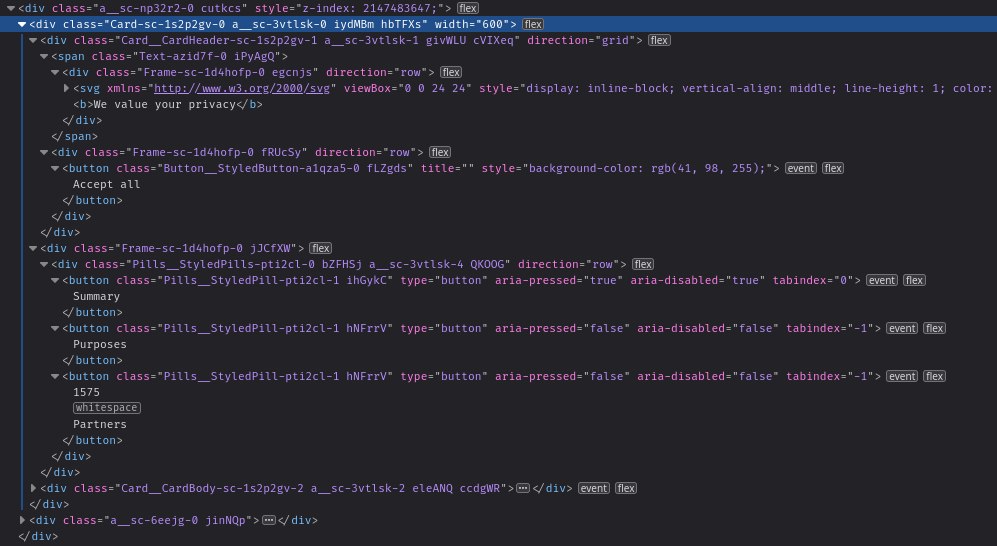

I have uBlock Origin but didn’t bother configuring any additional filters. My desktop has consent-o-matic as well I think (which unlike a filter actually auto-rejects the tracking stuff).
However on a new profile (no extensions) I didn’t get the prompt, and neither did I on chromium. Just checked on windows as well, still not prompt. So it seems to just not prompt on desktop for some reason… I wonder if that means the tracking is disabled or they just auto-consent.








Those ones are still under litigation AFAIK. Last I heard about it they lost their latest court case but it will be years before it reaches the top EU courts or an amendment is made to the GDPR.